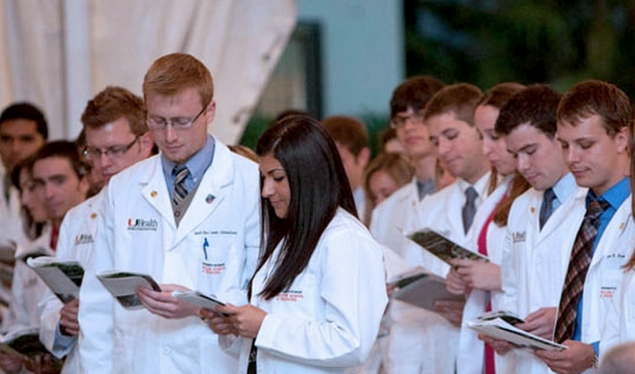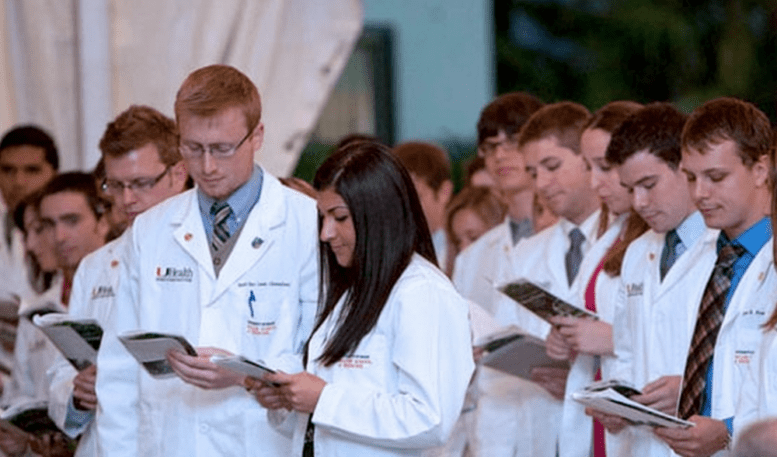 [dropcap]J[/dropcap]ust because you can’t feel it, doesn’t mean it isn’t there. Just ask the more than 100,000 Americans who were diagnosed with cancers of the head and neck (including thyroid) last year.
[dropcap]J[/dropcap]ust because you can’t feel it, doesn’t mean it isn’t there. Just ask the more than 100,000 Americans who were diagnosed with cancers of the head and neck (including thyroid) last year.
Unfortunately, many Americans do not recognize the symptoms of these life-threatening diseases, which include cancers of the oral cavity, thyroid, larynx and pharynx, and by the time they are diagnosed, for some, it’s too late.
Oral, head and neck cancers claim approximately 14,000 lives per year. However, there is hope; if diagnosed early, these cancers can be more easily treated without significant complications, and the chances of survival greatly increase.
Who should get tested?
Every adult. Tobacco and alcohol users traditionally have been considered the populations at greatest risk for these cancers. However, oral cancer cases are on the rise in younger adults who do not smoke, and recent research indicates this development is due partly to the increase of the human papillomavirus (HPV) virus, a cancer-causing infection that can be transmitted by oral sex. HPV-related oral cancers are more difficult to detect because these cancers usually occur on the back of the tongue or on the tonsils, providing even more reason to get screened regularly.
What are the potential warning signs of oral cancers?
The signs and symptoms of oral cancer often go unnoticed. However, there are a few visible signs associated with these cancers that require immediate attention, including:
• A sore in your mouth that doesn’t heal or that increases in size;
• Persistent pain in your mouth;
• Lumps or white or red patches inside your mouth;
• Difficulty chewing or swallowing or moving your tongue;
• Soreness in your throat or feeling that something is caught in your throat;
• Changes in your voice, and/or
• A lump in your neck If you have any of the above warning signs, do not wait for the free screenings. Seek medical attention immediately.
How can I get screened locally?
Ear, nose and throat doctors at the University of Miami Miller School of Medicine will offer free oral cancer screenings in observance of the 18th annual Oral, Head, and Neck Cancer Awareness Week (OHANCAW). On Thursday, Apr. 16, screenings will be offered at Jackson Memorial Hospital from 9 a.m. to 1 p.m. On Friday, Apr. 17, screenings will be offered at University of Miami Hospital from 9 a.m. to 1 p.m. and at Sylvester Comprehensive Cancer Center from 1 to 5 p.m. All three of these sites are open to the public, and free two-hour parking is available. The screening is painless and only takes about 10 minutes.
To make an appointment, call 305-985-1894 or send email to MiamiNeckCheck@gmail.com. Only 50 screenings are available per site, and walk-ins will be accommodated only if there is space. If you’ll be out-of-town, free screenings will be offered at more than 400 participating institutions worldwide as part of OHANCAW, which is scheduled for the week of Apr. 12-18.
Visit <www.OHANCAW.com> for the full list of participating sites and for more information. OHANCAW is sponsored nationally by the Head and Neck Cancer Alliance.
Why should I get screened?
If the above stats weren’t reason enough, know that the screening is quick, painless and free, and it’s right around the corner. Given the current state of the economy and rising healthcare costs, take advantage of the opportunity to benefit from this preventive health measure at no charge by taking 10 minutes to do something that could save your life. Early diagnosis and treatment improves outcomes and chances of survival, particularly for individuals with HPV-related oral cancers.







Comments are closed.